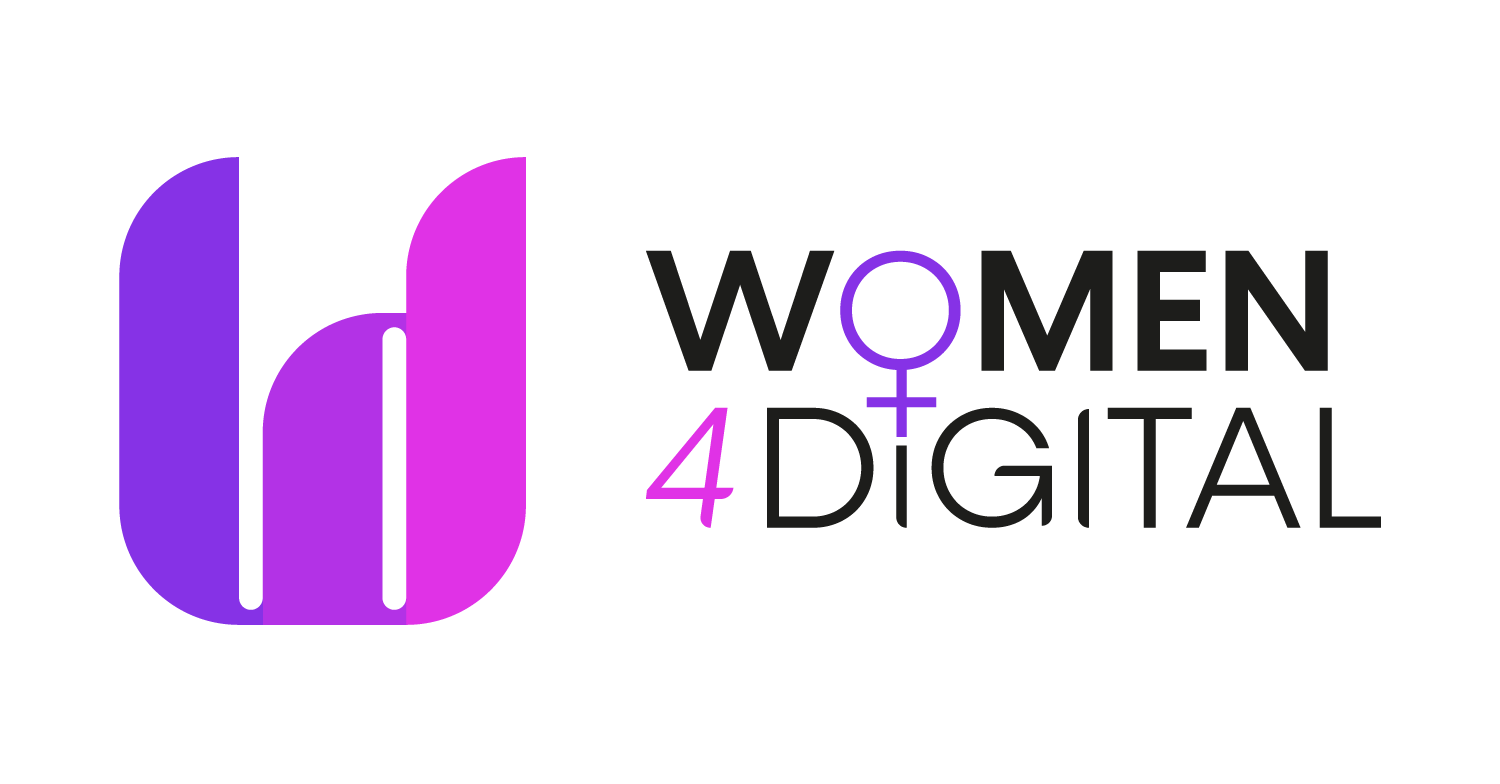Research
Project Women4Digital questions gender inequality in digital transformation
On the International Day of Women and Girls in Science, the Women4Digital research project emphasises the need for real inclusion of women in the digital world.
Celebrated annually on 11 February, the International Day of Women and Girls in Science invites reflection on the role of women in science and technology, stressing the urgency of combating gender inequality in sectors that are still predominantly masculinised, such as STEM (Science, Technology, Engineering and Mathematics).
Women4Digital aims to contribute to understanding, characterising and monitoring public policies in Portugal aimed at women's participation in digital sector. Developed at the Centre for Social Studies (CES) at the University of Coimbra by Rosa Monteiro, Lina Coelho, Luísa Ribeiro Lopes, Margarida Vasconcelos and Mariana Santos, the project is funded by PLANAPP and the Foundation for Science and Technology (FCT) through the Science4Policy programme (S4P-24).
For Rosa Monteiro, coordinator of Women4Digital, “the gender gap in Information and Communication Technologies (ICT) remains a pressing issue, with women making up only 22 per cent of the workforce in this sector, despite it being a critical area for digital transformation and one that impacts society as a whole. This gap not only limits opportunities for women, but also jeopardises efforts to achieve an inclusive and equitable digital transformation.”
The figures confirm the urgency of change: between 1999 and 2021, the percentage of female ICT graduates fell from 26% to 17% (CIG, 2024), while their representation in the sector's workforce fell from 24% to 20% between 2005 and 2023. This reality deepens wage inequalities and wastes essential skills to build a fairer and more innovative digital future.
“Women4Digital represents a fundamental step in promoting an inclusive digital transition in Portugal, addressing persistent gender inequalities in the digital sector and in the sciences,” emphasises Rosa Monteiro. “In addition to mapping and analysing existing public policies, this project aims to develop tools to analyse their effectiveness and produce recommendations for the continuous improvement of ongoing actions.”
Launched on the International Day of Women and Girls in Science, Women4Digital reinforces the call for urgent and consistent action for gender equality in the digital sector. “In a context where women's participation in the digital sector continues to be disproportionate, it is crucial that policies and practices evolve to ensure their full inclusion,” Rosa Monteiro underlined.
More than just a project, for the researchers involved, Women4Digital is a movement for transformation. With their collective commitment, it can be guaranteed that the digital revolution will also be a revolution for equality and social justice.
All the project's initiatives and results can be found on its website


